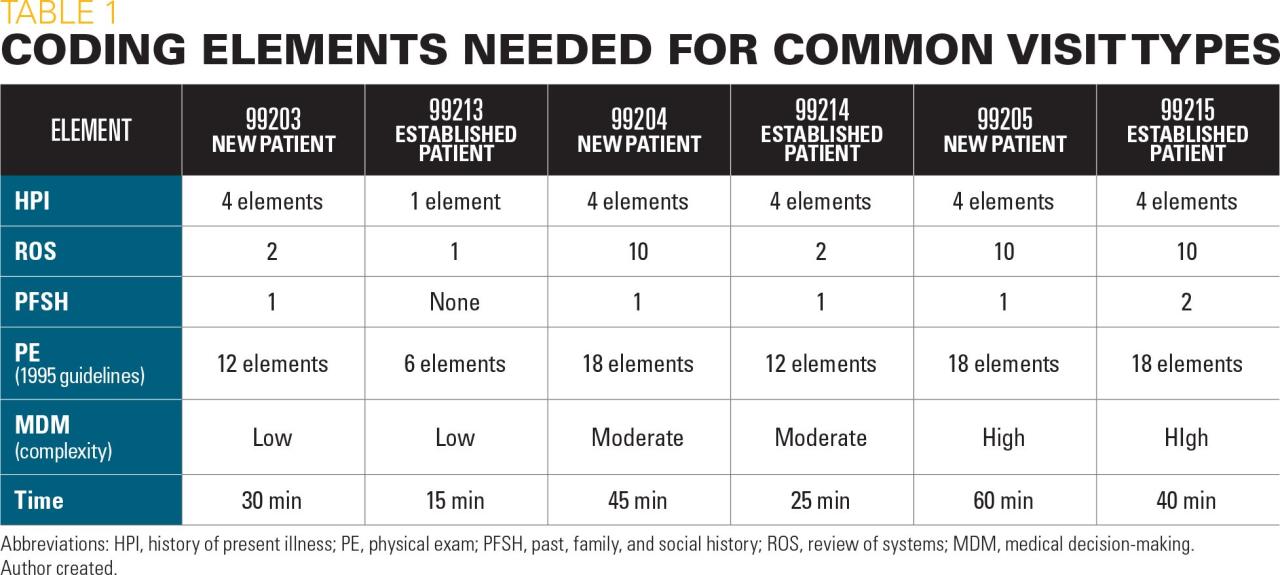Medical decision making case for BLS: patient with psychological emergency is a crucial topic that demands careful consideration and competent management. This article aims to provide a comprehensive overview of the subject, empowering first responders and healthcare professionals with the knowledge and skills to effectively assess, triage, and manage patients experiencing psychological emergencies in the field.
Psychological emergencies can manifest in various forms, ranging from acute anxiety and panic attacks to severe mental health crises. It is essential for first responders to recognize the signs and symptoms of psychological distress and to prioritize the safety of both the patient and themselves.
Medical Decision Making in BLS for Psychological Emergencies: Medical Decision Making Case For Bls: Patient With Psychological Emergency

First responders play a crucial role in assessing and managing psychological emergencies. They must be able to recognize and prioritize the safety of both the patient and themselves, while also providing appropriate interventions. This article provides guidance on medical decision-making in BLS for psychological emergencies, covering assessment, triage, intervention, communication, documentation, ethical considerations, and interdisciplinary collaboration.
Assessment and Triage
A thorough psychological assessment in a BLS setting involves observing the patient’s behavior, speech, and affect, as well as gathering information from witnesses or family members. Key components include:
- Mental status examination
- Assessment of risk to self or others
- Identification of any underlying medical conditions
Triage tools, such as the Manchester Triage System, can help prioritize patients for transport based on the severity of their symptoms.
Intervention and Management
Appropriate interventions for psychological emergencies depend on the type of condition. Common interventions include:
- De-escalation techniques
- Crisis management strategies
- Administration of medications
De-escalation techniques aim to calm the patient and reduce their agitation, while crisis management strategies focus on providing support and safety during a crisis.
Communication and Documentation, Medical decision making case for bls: patient with psychological emergency
Effective communication is essential in psychological emergencies. First responders should use clear and concise language, avoid judgmental statements, and actively listen to the patient’s concerns. Accurate and detailed documentation is also crucial, including the patient’s symptoms, interventions provided, and any relevant information gathered from witnesses or family members.
Ethical Considerations
Ethical considerations in medical decision-making for psychological emergencies include:
- Informed consent and patient autonomy
- Confidentiality
- Legal implications
Informed consent must be obtained from the patient whenever possible, and their right to refuse treatment must be respected.
Interdisciplinary Collaboration
Interdisciplinary collaboration is essential in managing psychological emergencies. First responders should work closely with mental health professionals, law enforcement, and other agencies to ensure a coordinated and comprehensive response.
User Queries
What are common psychological emergencies encountered in the field?
Common psychological emergencies include acute anxiety attacks, panic attacks, suicidal ideation, psychotic episodes, and substance-induced emergencies.
How can first responders differentiate between acute and chronic psychological conditions?
Acute psychological conditions typically have a sudden onset and are often associated with a specific trigger, while chronic conditions develop gradually over time and may not have an identifiable trigger.
What are the ethical considerations in managing psychological emergencies?
Ethical considerations include obtaining informed consent, respecting patient autonomy, and ensuring the patient’s safety and well-being.

